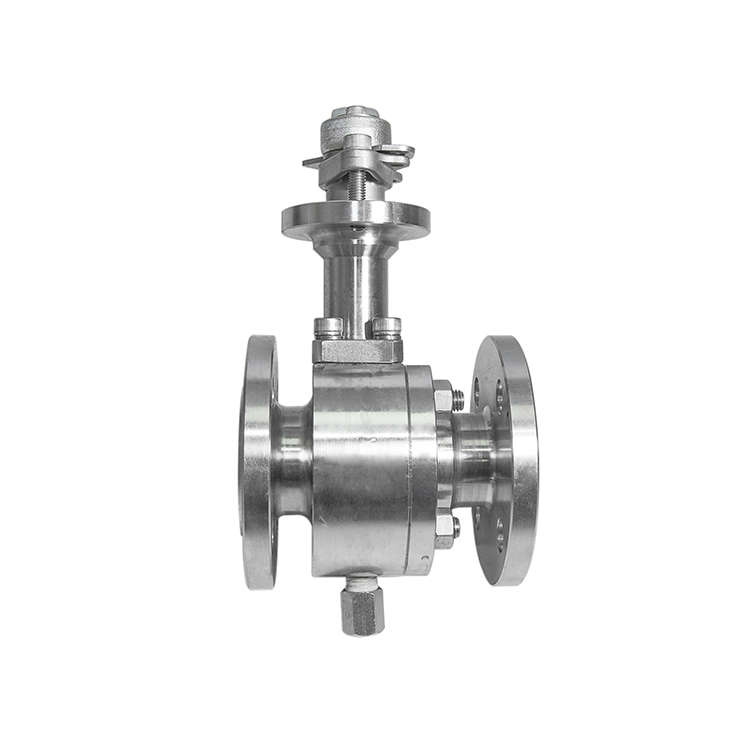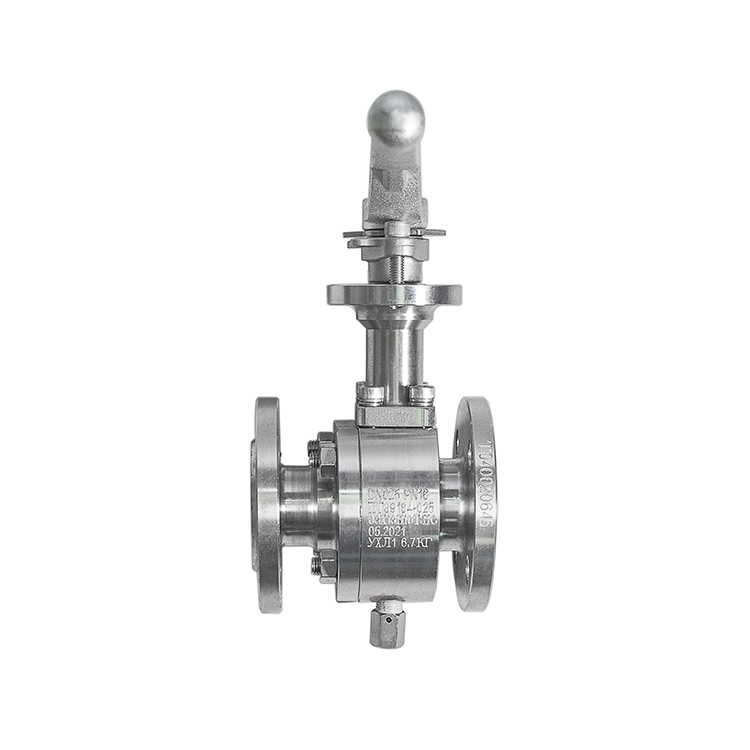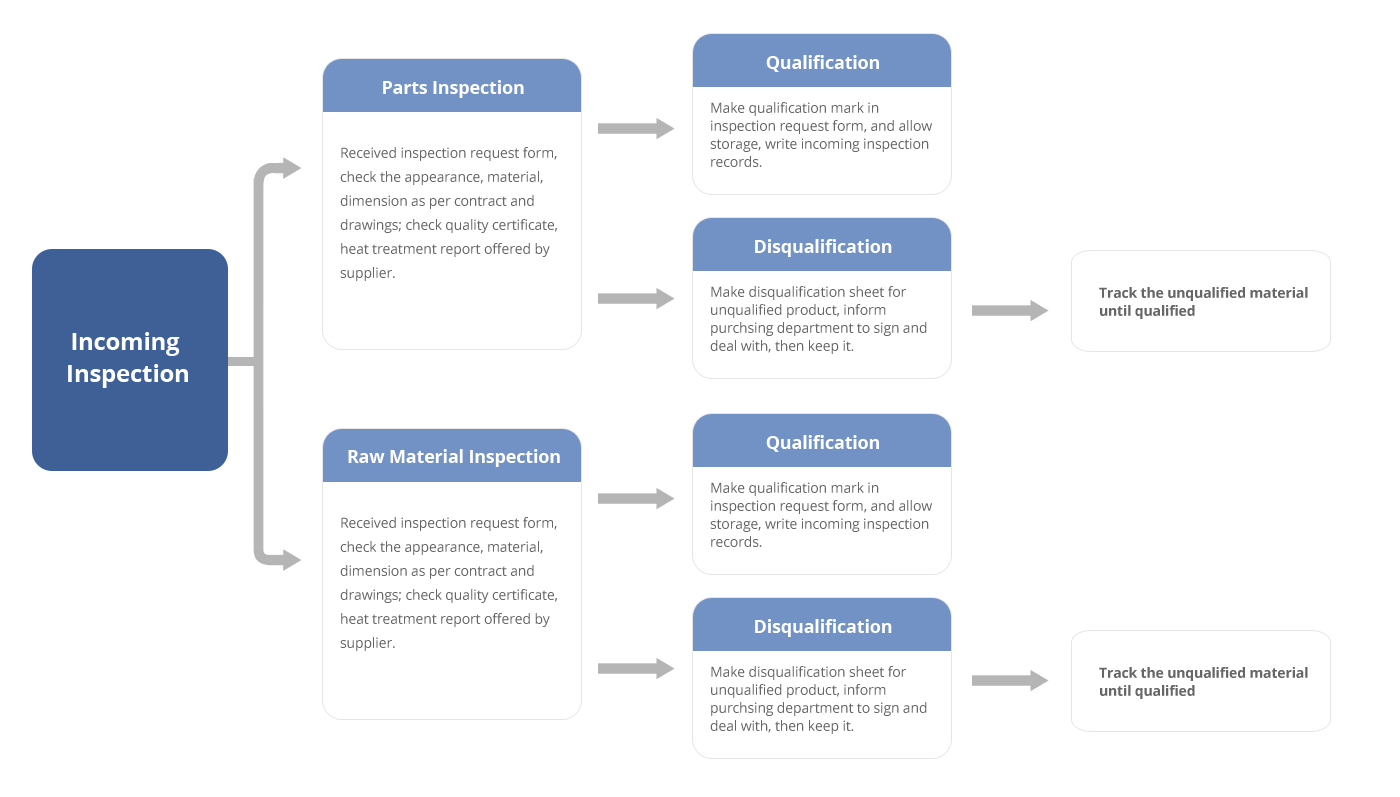What is a stainless steel low-temperature ball valve Stainless steel low-temperature ball valve is a type of valve that undergoes cryogenic treatment by immersing in liquid nitrogen at -196 degrees Celsius. It adopts an extended rod low-temperature ball valve structure, in which the gland packing is above zero degrees Celsius to ensure that the packing can maintain normal self-lubricating sealing and stable performance. This type of valve is mainly used to output liquid low-temperature media, such as ethylene, liquid oxygen, liquid hydrogen, liquefied natural gas, liquefied petroleum products, etc. These media are not only flammable and explosive, but also need to vaporize when heated, and their volume expands hundreds of times during gasification. Stainless steel low-temperature ball valves are divided into two types: low-temperature floating ball valves and low-temperature fixed ball valves. For temperatures above -50 ℃, long neck structures are generally not used; For ball valves with temperatures below -50 ℃, the neck length is generally 250mm, or determined based on design and calculation. The main material of this valve is very important. If the material is not qualified, it may cause external or internal leakage of the shell and sealing surface. Therefore, the comprehensive mechanical properties, strength, and rigidity of the components must meet the requirements for use


What is a stainless steel low-temperature ball valve?
Stainless steel low-temperature ball valve is a type of valve that undergoes cryogenic treatment by immersing in liquid nitrogen at -196 degrees Celsius. It adopts an extended rod low-temperature ball valve structure, in which the gland packing is above zero degrees Celsius to ensure that the packing can maintain normal self-lubricating sealing and stable performance. This type of valve is mainly used to output liquid low-temperature media, such as ethylene, liquid oxygen, liquid hydrogen, liquefied natural gas, liquefied petroleum products, etc. These media are not only flammable and explosive, but also need to vaporize when heated, and their volume expands hundreds of times during gasification. Stainless steel low-temperature ball valves are divided into two types: low-temperature floating ball valves and low-temperature fixed ball valves. For temperatures above -50 ℃, long neck structures are generally not used; For ball valves with temperatures below -50 ℃, the neck length is generally 250mm, or determined based on design and calculation. The main material of this valve is very important. If the material is not qualified, it may cause external or internal leakage of the shell and sealing surface. Therefore, the comprehensive mechanical properties, strength, and rigidity of the components must meet the requirements for use
Product Description:
main features
Full diameter/reduced diameter
90 degree positioning and lockable structure
Special form of "Y" head handle
A pair of butterfly shaped spring pads facing each other
Anti blowing valve stem
Double sealing structure in the middle of the valve stem
Bolt and threaded gasket seal valve cover
Product specifications
Design Specification: API 6D
Structural length: ANSI B16.10
Connection standards: ANSI/ASME B1.20.1, ASME B16.11
Pressure test: API598/API6D
Product Range
Main material: forged steel
Nominal diameter: 3/8 "-2"
Pressure range: 150LB-2500LB
Applicable temperature: ≤ 120 ℃
Operation mode: manual, etc
Applicable media: water, steam, oil, etc.










